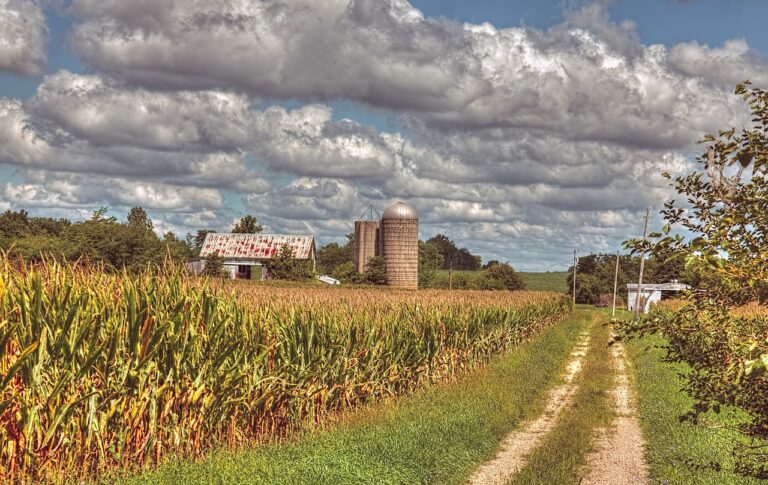The Benefits of Straw Bale Gardening: Growing Healthy Plants with Sustainable Materials
Straw bales offer multiple advantages for gardeners looking to simplify their gardening efforts. Their natural composition provides a nutritious environment for plants, aiding in moisture retention and reducing the need for frequent watering. By creating a raised bed effect, straw bales elevate plants from the ground, protecting them from potential damage caused by pests and diseases commonly found in soil.
Additionally, straw bales serve as an excellent insulator, regulating soil temperature and fostering a healthy root system for plants. Their biodegradable nature means that over time, the straw bales will decompose, enriching the soil with organic matter and eliminating the need for disposal. This sustainable gardening practice not only benefits the plants but also promotes environmental consciousness among gardeners.
How to Prepare a Straw Bale Garden
To prepare a straw bale garden, start by choosing a sunny spot that receives at least six to eight hours of sunlight daily. Place the straw bales in their final location, as they can become heavy to move once watered. Ensure that the bales are positioned with the cut side facing up to create a more stable planting surface.
Next, thoroughly soak the straw bales with water over the course of several days to kickstart the decomposition process. This process is essential for creating a fertile environment for plants to grow in. Once the bales have been thoroughly soaked, add a nitrogen-rich fertilizer to speed up the decomposition process further, making the bales ready for planting sooner.
Advantages of Straw Bale Gardening for Plant Health
Straw bale gardening offers numerous benefits for plant health. One of the key advantages is the prevention of soil-borne diseases that often plague traditional gardening methods. By using straw bales as a growing medium, gardeners can reduce the risk of pathogens infecting their plants, resulting in healthier crops and higher yields.
Additionally, straw bales provide excellent insulation for plant roots, helping to maintain consistent soil temperature. This insulation not only protects plants from temperature extremes but also promotes root growth and overall plant vitality. The decomposing straw inside the bales also acts as a natural fertilizer, providing essential nutrients to the plants as they grow.
What are the benefits of using straw bales for gardening?
Using straw bales for gardening provides excellent insulation for plant roots, promotes good drainage, reduces the need for weeding, and can be a great option for those with limited space or poor soil quality.
How do you prepare a straw bale garden?
To prepare a straw bale garden, you will need to condition the bales by wetting them down for a few weeks to start the decomposition process. You can then add a nitrogen-rich fertilizer to help break down the straw further before planting your seeds or seedlings.
What are the advantages of straw bale gardening for plant health?
Straw bale gardening can provide a nutrient-rich environment for plants, as the decomposing straw releases beneficial nutrients into the soil. The raised bed nature of a straw bale garden also helps to improve air circulation around the plant roots, reducing the risk of disease. Additionally, the insulation properties of straw bales can help to regulate soil temperature and retain moisture, promoting overall plant health.







